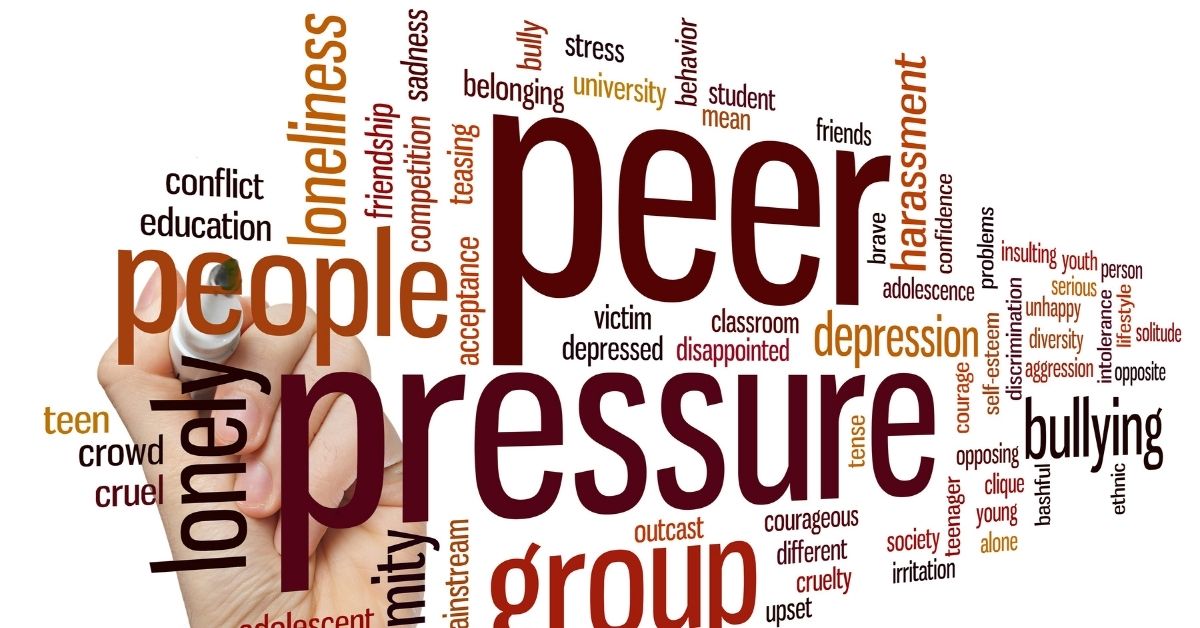At 16, your teen is entering a pivotal phase of their development. They’re gaining independence, learning to take on responsibilities, and discovering their sense of self. However, this period also brings new challenges that require careful guidance. Teens at this age are transitioning into young adulthood, making it essential to teach them key life skills that will shape their future. In this article, we’ll focus on helping your 16-year-old develop critical skills such as time management, a strong work ethic, and understanding social boundaries.
Time Management: Balancing School, Work, and Personal Life
Time management is one of the most crucial skills a 16-year-old can master. At this age, teens juggle multiple responsibilities, including schoolwork, extracurricular activities, social life, and possibly part-time jobs. Without proper time management, they may feel overwhelmed, leading to stress and underperformance. Learning how to effectively prioritize tasks and manage time will not only improve their academic performance but also teach them how to achieve a healthy balance in life.
Why Time Management is Critical
Effective time management helps teens avoid procrastination, reduces stress, and increases productivity. It teaches them to manage their workload, stay organized, and make time for self-care, which is essential as they transition to adulthood. Poor time management, on the other hand, can lead to missed deadlines, burnout, and feelings of being overwhelmed.
Key Skills to Teach:
- Creating a Schedule: Encourage your teen to use tools like calendars, planners, or scheduling apps to track assignments, social activities, and work commitments. Teaching them how to set daily, weekly, and monthly goals will help them visualize their tasks and plan accordingly. For example, using Google Calendar or a physical planner can make it easier to stay on top of deadlines and extracurricular activities.
- Setting Priorities: Help your teen distinguish between urgent and important tasks. Teaching them how to rank their responsibilities based on deadlines and significance allows them to tackle the most pressing tasks first. For instance, studying for a final exam should take precedence over hanging out with friends, but both can be managed with proper planning.
- Avoiding Overcommitment:Teens often feel the pressure to do it all—whether it’s academics, sports, clubs, or social activities. Teach your teen to recognize when they’ve taken on too much and that it’s okay to say no. Help them understand that spreading themselves too thin can impact their well-being and academic goals. Encourage them to assess their commitments and make realistic choices based on their time and energy.
Tips for Parents:
- Set an example by sharing how you manage your time and balance responsibilities.
- Encourage breaks during study sessions to prevent burnout.
- Discuss the importance of downtime and sleep, which are crucial for their mental and physical health.
Developing a Strong Work Ethic: Building Responsibility and Discipline
Building a strong work ethic is essential for your teen’s future success, whether in academics, sports, part-time jobs, or other responsibilities. A work ethic rooted in responsibility, discipline, and perseverance is a valuable trait that will guide them through life’s challenges and opportunities.
Why a Strong Work Ethic is Important
A strong work ethic sets the foundation for success in adulthood. It’s not just about working hard—it’s about being reliable, self-motivated, and able to stay committed to long-term goals. Developing this mindset at 16 helps prepare teens for the professional world, where consistency, accountability, and determination are highly valued.
Key Skills to Teach:
- Accountability: Teach your teen the importance of following through on their commitments, whether it’s completing homework, showing up on time for work, or being responsible in group projects. Holding themselves accountable instills a sense of ownership over their responsibilities, making them reliable individuals. Encourage your teen to own up to their mistakes and learn from them, as accountability is a key trait employers and colleges look for.
- Perseverance: Life will present obstacles, and it’s essential for teens to learn how to overcome them. Teach your teen that challenges are part of the process and that pushing through difficult situations builds character and resilience. Whether they’re facing a tough class or a challenging sports season, encourage them to keep going and view setbacks as learning opportunities.
- Setting and Achieving Goals: Help your teen set realistic, achievable goals, and break them down into manageable steps. For example, if they want to save money for a new car, guide them through the process of budgeting, setting aside earnings from a part-time job, and tracking their progress. This teaches them to stay focused on their long-term goals and enjoy the satisfaction of achieving them.
Tips for Parents:
- Praise effort and persistence, not just results. This teaches them that hard work matters, even if they don’t always succeed.
- Share stories of your own challenges and how you overcame them to demonstrate the value of perseverance.
- Encourage them to take ownership of their responsibilities, from household chores to school projects.
Understanding Social Boundaries: Navigating Complex Relationships
As teens grow older, their social circles expand, and relationships become more complex. Understanding social boundaries is crucial for maintaining healthy friendships and navigating romantic relationships. At 16, it’s important to help your teen develop emotional intelligence, empathy, and respect for others’ boundaries while also learning to set their own.
Why Social Boundaries Matter
Healthy social boundaries create a foundation for respectful and meaningful relationships. They help teens understand the importance of personal space, privacy, and emotional well-being. Boundaries also prevent misunderstandings, conflicts, and unhealthy dynamics in both friendships and romantic relationships.
Key Skills to Teach:
- Respect for Others’ Boundaries:Teach your teen to be mindful of other people’s personal space and emotional boundaries. Encourage them to ask for consent in situations, whether it’s borrowing a friend’s belongings or engaging in physical contact. Understanding and respecting others' comfort levels fosters positive and respectful relationships.
- Communication Skills:Open and respectful communication is key to any successful relationship. Teach your teen how to express their thoughts, feelings, and needs clearly, while also being a good listener. Whether it’s discussing feelings in a romantic relationship or resolving a conflict with a friend, effective communication helps maintain trust and mutual respect.
- Social Media Awareness:In the digital age, social boundaries extend to online spaces. Help your teen understand the importance of maintaining privacy, being mindful of what they post, and avoiding harmful interactions on social media. Teach them about digital etiquette, such as not sharing personal information or engaging in online arguments, and remind them that once something is online, it can be difficult to remove.
Tips for Parents:
- Model healthy boundaries in your own relationships and communicate with your teen about what healthy relationships look like.
- Have open discussions about peer pressure, consent, and respect in both friendships and romantic relationships.
- Encourage them to think critically about their online presence and how it can impact their future.
Conclusion
Helping your 16-year-old navigate their growing independence and responsibilities is a critical part of their journey to adulthood. By focusing on teaching time management, fostering a strong work ethic, and helping them understand the importance of social boundaries, you’re giving them the tools to thrive in all areas of life. These skills will not only serve them well in school and work but will also help them build meaningful relationships and face new challenges with confidence.
As they continue to mature, your guidance will help them balance their priorities, manage their time effectively, and navigate complex social dynamics—all essential skills for a successful and fulfilling adulthood.






